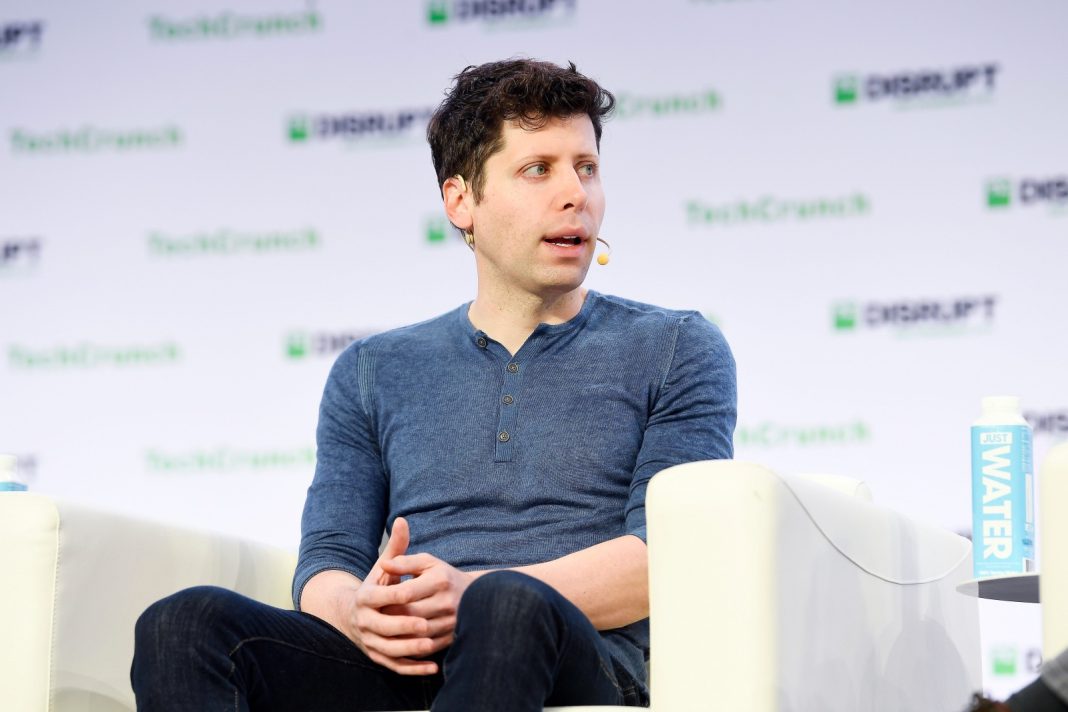SAN FRANCISCO, USA – OpenAI, the creators of the groundbreaking AI model GPT-4, are pivoting away from their previous focus on developing larger and larger AI models, according to the company’s CEO, Sam Altman.
Speaking at an MIT event earlier this month, Altman hinted at a change in direction for the AI industry, expressing scepticism about the notion that continual growth of AI models will result in substantial advancements.
“We’re at the end of the era where it’s going to be these, like, giant, giant models. We’ll make them better in other ways,” said Altman, potentially hinting at the end of the GPT-4 line of models.
These comments come in response to rumours and a controversial open letter signed by 1,200 AI professionals suggesting that OpenAI is already training GPT-5, the expected successor to GPT-4.
“An earlier version of the letter claimed we were training GPT-5. We are not, and we won’t be for some time,” Altman stated, dismissing the claims as “sort of silly.” He then hinted at other projects in the works, though he did not elaborate further.
Since the release of ChatGPT, an AI chatbot enabled by OpenAI’s large language models, the world has been captivated. Major tech companies like Google and Microsoft have rushed to incorporate ChatGPT into their products or expedite the development of similar technology.
However, Altman emphasised the importance of enhancing existing models’ capabilities rather than increasing their size. Despite the awe-inspiring performance of GPT-4, Altman admitted that there are still crucial issues to be addressed, such as improving accuracy, mitigating biases, and ensuring safety.
“What we want to deliver to the world is the most capable, useful, and safe models,” Altman declared.
The pivot away from the ‘bigger is better’ approach aligns with sentiments expressed by other AI researchers, who have raised concerns about the potential risks of large language models, both socially and environmentally.
As these models increase in size and complexity, detecting their mistakes becomes more challenging, leading to increased trust and potential overreliance by users.
The focus on refining rather than enlarging AI models signals a promising shift towards more responsible and nuanced AI development.
As OpenAI continues to shape the AI landscape, the industry will be watching closely to see what innovations are around the corner.







